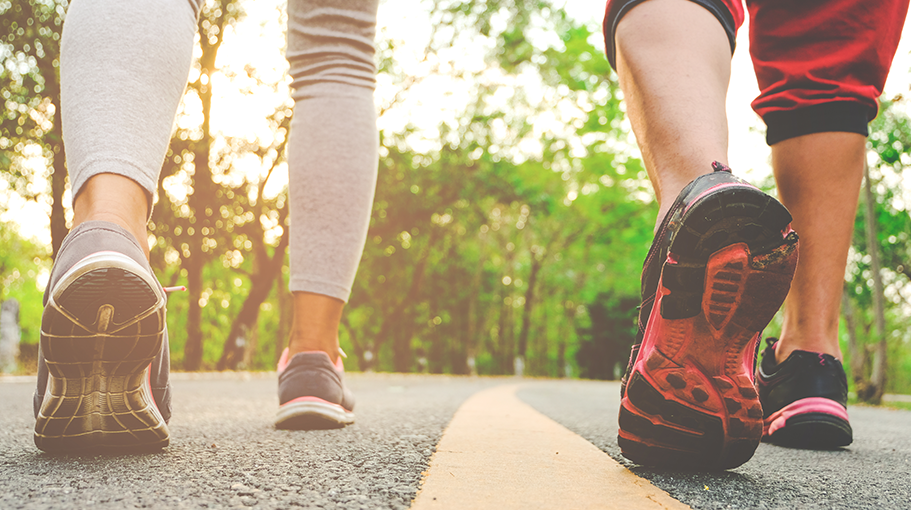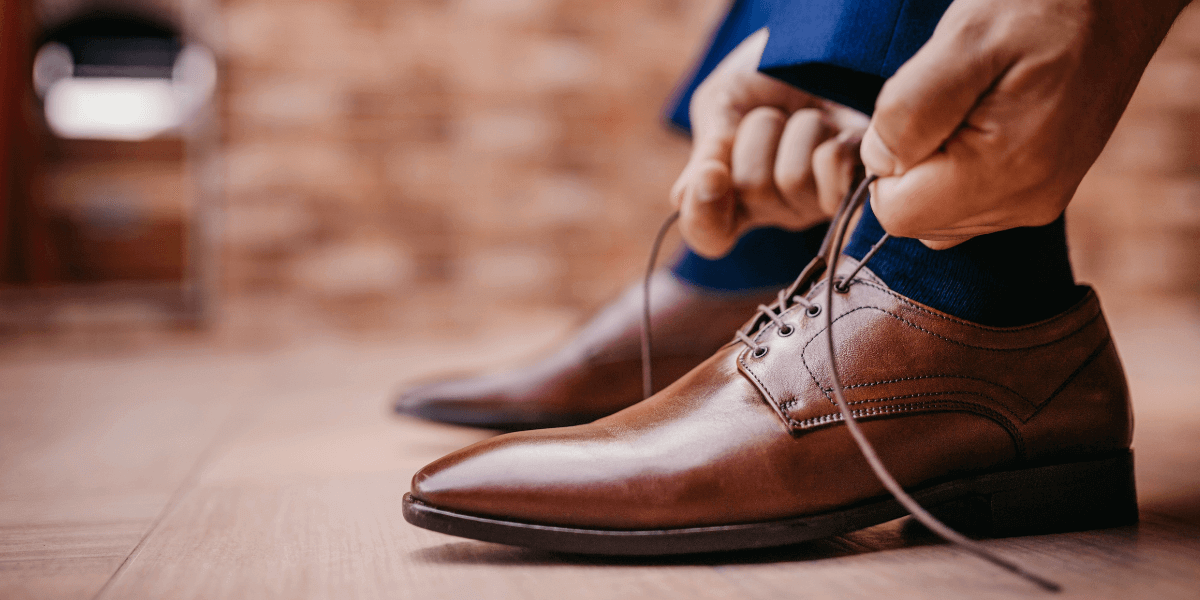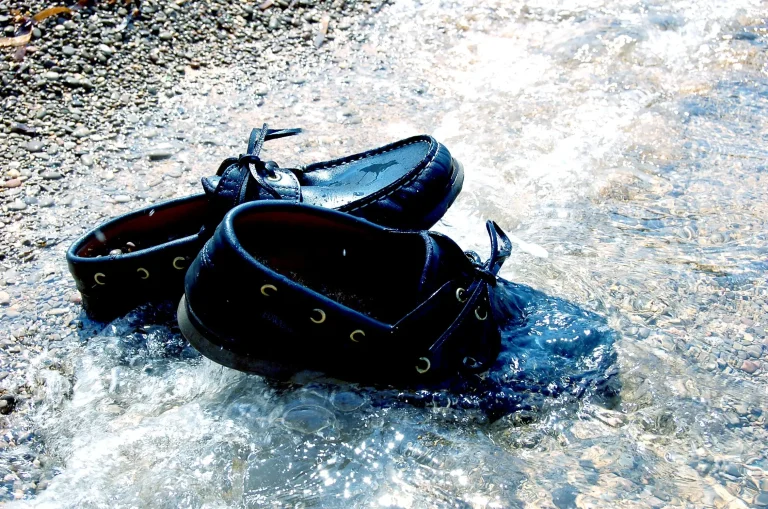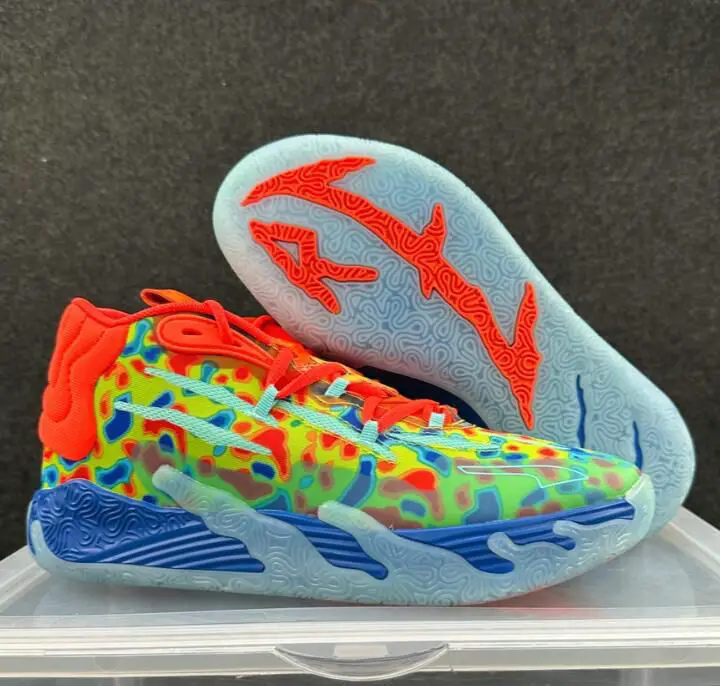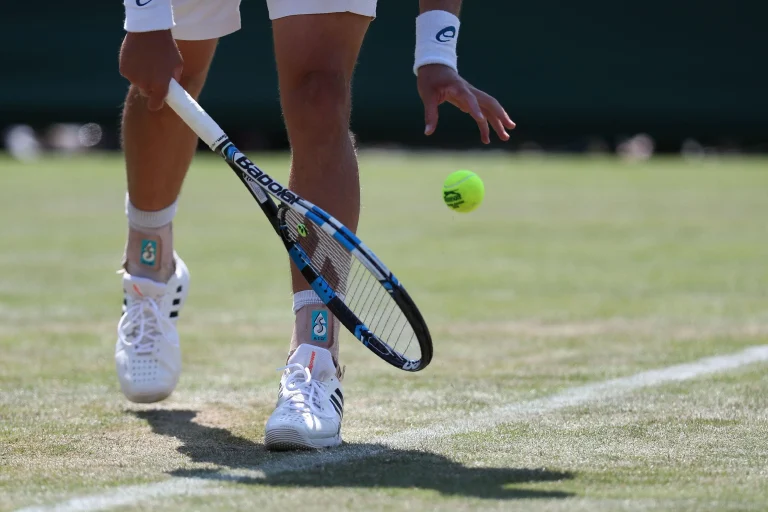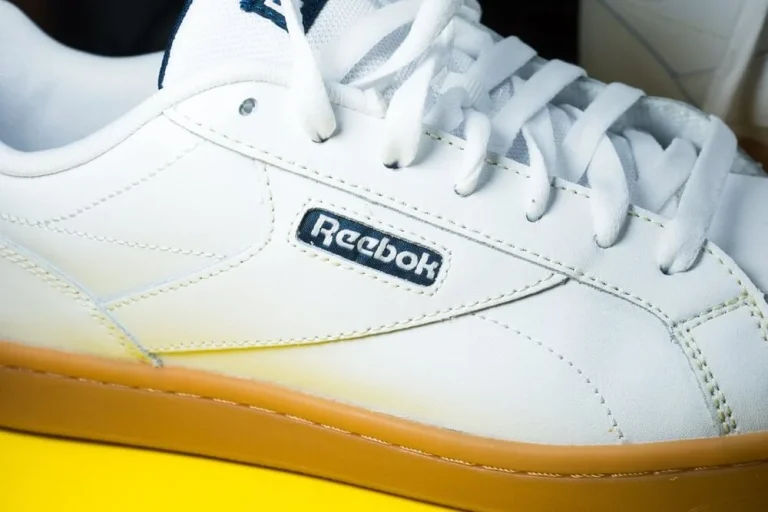What Running Shoes Are Good For Flat Feet? Expert Advice
To find the right running shoes for flat feet, it’s important to consider the unique needs of this foot type. Flat feet, or low arches, can lead to overpronation, where the foot rolls inward excessively during running. To address this, running shoes for flat feet often feature stability features, such as firm midsoles and supportive structures, to provide proper ankle support and control excessive motion.
These shoes aim to promote a more neutral foot alignment and reduce the risk of injuries. Consulting with a podiatrist or knowledgeable footwear specialist can help find the best running shoes for flat feet.
What are flat feet?
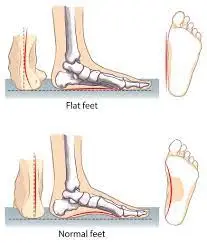
Flat feet, also known as fallen arches or pes planus, is a condition where the arches of the feet are significantly lower or absent, causing the entire sole of the foot to come into contact with the ground. This can be a result of genetics, weak arch muscles, injury, or certain medical conditions. Flat feet can sometimes lead to overpronation, where the foot rolls inward excessively during walking or running. It may cause foot pain, instability, and discomfort in some individuals.
What to Know About Running Shoes for Flat Feet?
When it comes to running shoes for flat feet, there are a few key points to keep in mind:
Everyone’s feet are unique, so it’s important to find the right shoes that suit your specific needs and preferences. Consulting with a podiatrist or footwear specialist can provide further guidance and recommendations tailored to your flat foot condition.
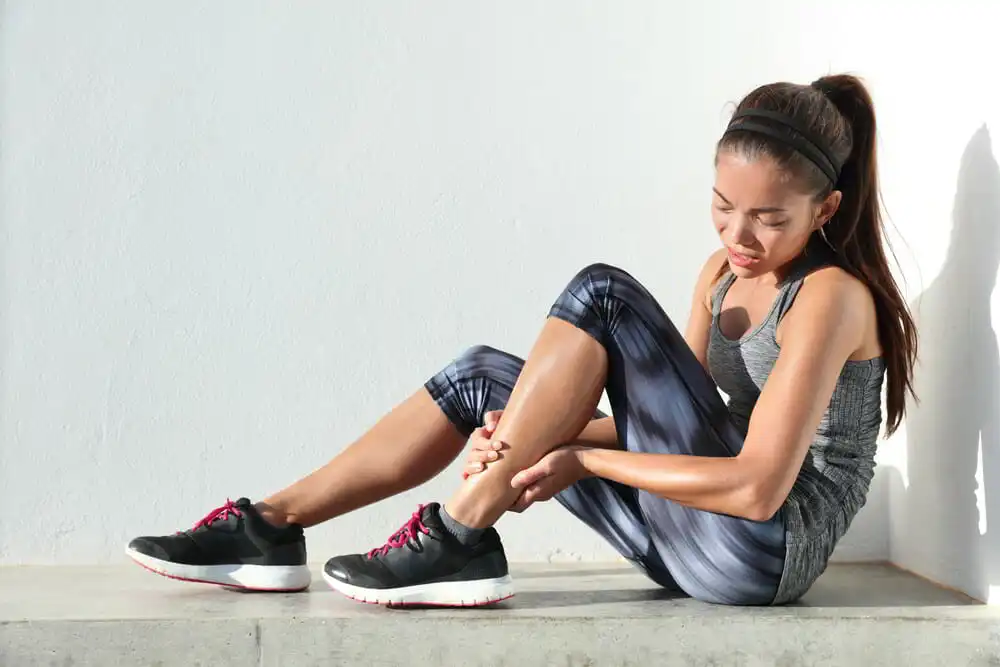
Importance Of Choosing The Right Running Shoes For Flat Feet
Choosing the right running shoes for flat feet is of utmost importance for several reasons. Firstly, flat feet tend to have a higher risk of overpronation, which can lead to various foot and lower limb issues. The right running shoes can provide the necessary support and stability to counteract overpronation, reducing the risk of injuries such as shin splints, plantar fasciitis, and Achilles tendonitis.
Secondly, running shoes designed for flat feet typically offer enhanced arch support. This helps to alleviate strain on the arches and distribute the body’s weight more evenly across the feet, promoting better alignment and reducing discomfort.
Furthermore, the right running shoes can improve overall running performance and efficiency. By providing the appropriate cushioning and shock absorption, they can enhance comfort, reduce fatigue, and allow for a smoother stride.
Lastly, wearing proper running shoes for flat feet can contribute to long-term foot health. They can help maintain the natural alignment of the feet, prevent excessive wear and tear on the joints, and minimize the risk of developing chronic foot conditions.
Selecting the right running shoes for flat feet is crucial for preventing injuries, promoting comfort and stability, enhancing performance, and maintaining overall foot health. It is recommended to consult with a podiatrist or footwear specialist to ensure the best fit and support for individual needs.
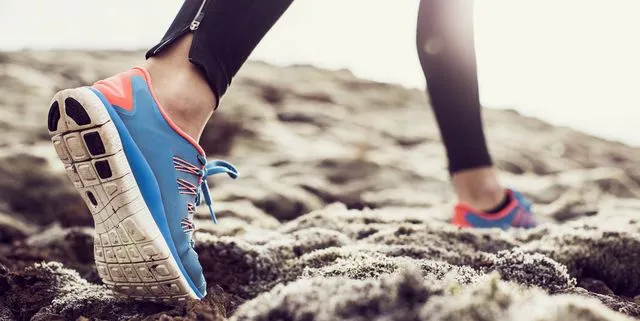
What are the most important features of a running shoe for flat feet?
When choosing running shoes for flat feet, several important features should be considered:
Do Flat Feet Need Arch Supports?

Yes, flat feet often benefit from arch supports. Flat feet have lower or collapsed arches, which can lead to overpronation and improper foot alignment. Arch supports, such as orthotic inserts or shoes with built-in arch support, help provide the necessary support and stability to the arch area. They can help distribute weight more evenly across the foot, reduce strain on the arches, and promote better alignment during walking or running.
Arch supports can also help alleviate discomfort, prevent injuries, and improve overall foot function for individuals with flat feet. It is recommended to consult with a podiatrist or footwear specialist to determine the most suitable type of arch support for your specific needs.
Are Hoka Running Shoes Good For Flat Feet?

Hoka running shoes can be a good option for individuals with flat feet. Hoka is known for its cushioned and supportive footwear, which can provide comfort and stability for flat feet. Many Hoka models offer ample cushioning in the midsole, which helps absorb shock and reduce the impact on the feet. Additionally, Hoka shoes often have a wider toe box, allowing for better accommodation of the natural width of the foot.
However, it’s important to note that the suitability of Hoka running shoes for flat feet may vary depending on individual preferences and needs. It’s always recommended to try on different shoe brands and models to find the best fit and support for your specific flat feet condition.
Are running shoes good for flat feet?
Yes, running shoes can be beneficial for individuals with flat feet. Running shoes designed for flat feet typically offer features such as stability, arch support, and motion control to address overpronation and provide proper foot alignment. These shoes help to distribute weight more evenly across the foot, reduce strain on the arches, and promote a more neutral foot position during running.
By providing the necessary support and cushioning, running shoes can help alleviate discomfort, reduce the risk of injuries, and improve overall running performance for individuals with flat feet. It’s important to choose running shoes that specifically cater to flat feet to ensure the best fit and support.
How to lace running shoes for flat feet?

Lacing your running shoes properly can help provide additional support and comfort for flat feet. Here’s a simple method to lace your running shoes for flat feet:
Conclusion
Finding the right running shoes for flat feet is crucial for individuals with this foot type. The ideal shoes should provide stability, arch support, and motion control to address overpronation and promote a more neutral foot alignment. By choosing running shoes specifically designed for flat feet, individuals can reduce the risk of injuries and discomfort during their runs.
It is recommended to consult with a podiatrist or footwear specialist who can provide personalized recommendations based on individual needs and preferences. Remember, investing in proper running shoes can make a significant difference in the overall running experience for those with flat feet.

